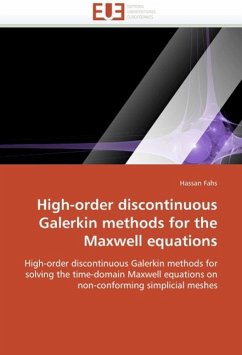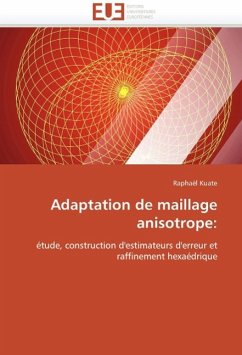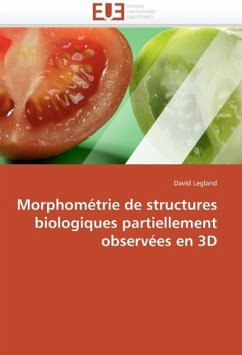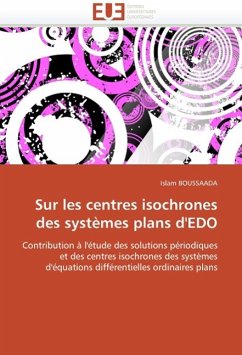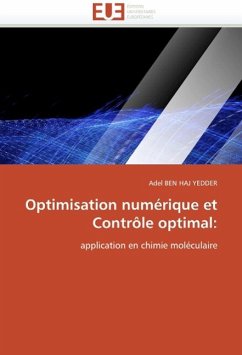This work is concerned with the development of a high-order discontinuous Galerkin time-domain (DGTD) method for solving Maxwell's equations on non-conforming simplicial meshes. First, we present a DGTD method based on high-order nodal basis functions for the approximation of the electromagnetic field within a simplex, a centered scheme for the calculation of the numerical flux at an interface between neighbouring elements, and a second-order leap-frog time integration scheme. Next, to reduce the computational costs of the method, we propose a hp-like DGTD method which combines local h-refinement and p-enrichment. Then, we report on a detailed numerical evaluation of the DGTD methods using several propagation problems. Finally, in order to improve the accuracy and rate of convergence of the DGTD methods previously studied, we study a family of high-order explicit leap-frog time schemes. These time schemes ensure the stability under some CFL-like condition. We also establish rigorously the convergence of the semi-discrete approximation to Maxwell's equations and we provide bounds on the global divergence error.

